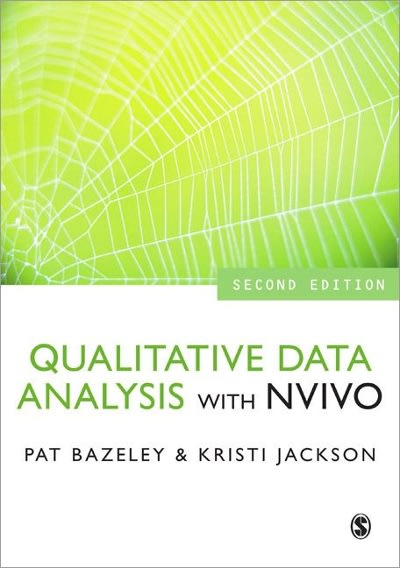Question
Standard A.4.b of the ACA Code of Ethics (2014) states that we are to avoid imposing our values upon our clients. This leads counselors to
Standard A.4.b of the ACA Code of Ethics (2014) states that we are to avoid imposing our values upon our clients. This leads counselors to "play it safe" by avoiding talks about various topics, including religion. This does not necessarily have to be the case though. We can indeed talk about "taboo" topics or "touchy" subjects, but self-disclosing our personal thoughts, feelings, opinions, beliefs, etc., is where we can find ourselves in hot water. This is a very stereotypical scenario here, but for example, a client comes in for counseling and is questioning their sexuality. The client offers that they feel their family will abandon them is they identify as anything other than heterosexual. As their counselor, you personally feel as though same-sex relationships and marriage are wrong and sinful and take it upon yourself to quote scripture to the client and advise them that they are going to Hell. Obviously, this is not only unethical and unprofessional, but it is an inhumane way to treat someone. We all have our "things" that we are passionate about and have our opinions on; however, the counseling room is NOT the place to disclose any of these things. How do you personally plan to reign in your strong opinions about various topics when they are brought up in counseling sessions?
Step by Step Solution
There are 3 Steps involved in it
Step: 1

Get Instant Access to Expert-Tailored Solutions
See step-by-step solutions with expert insights and AI powered tools for academic success
Step: 2

Step: 3

Ace Your Homework with AI
Get the answers you need in no time with our AI-driven, step-by-step assistance
Get Started


